Volunteer Abroad Programs in Ecuador
Nature conservation, wildlife, education, health, child care and community programs for college students, adults, couples, families and volunteers under 18. Volunteer abroad in Ecuador.
Search
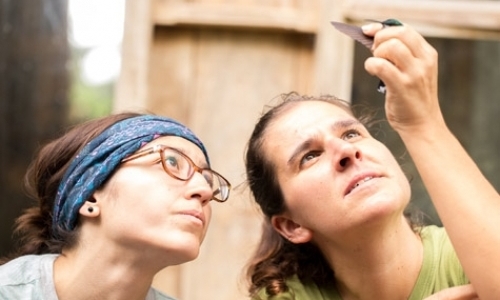
Internships in Tropical Ecology Research and Conservation
Interns gain theoretical and practical knowledge in tropical ecology and obtain hands-on research skills.
- Academic
Credit - Free-time
Activities - Internet
Access - Nature /
Wildlife - Training
Provided
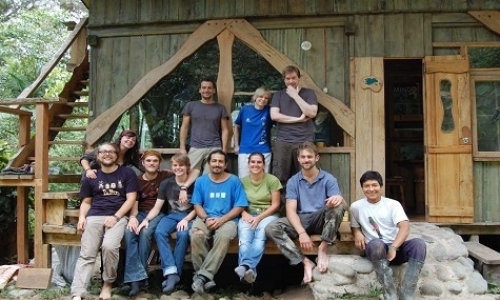
Volunteering in Nature Reserve in the Andean Choco
We welcome volunteers at our private conservation project in the Northwest of Ecuador.
- Free-time
Activities - Internet
Access - Nature /
Wildlife - Volunteer
Certificate
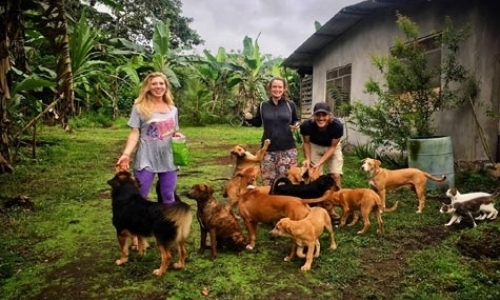
Animal Welfare in the Galapagos
We are looking for volunteers to help with feeding the animals, building dog kennels, and many other tasks with animals and around the farm.
- Free of
Charge - Free-time
Activities - Free
Lodging
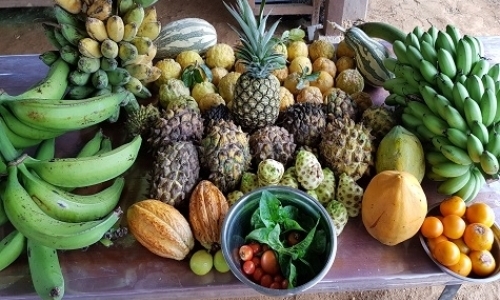
Vegan Fruit Forest
We offer volunteers that enjoy a 100%-plant-based dietary lifestyle the opportunity to get involved in various agroforestry and building tasks in exchange for free board and lodging.
- Free of
Charge - Free
Food - Free
Lodging
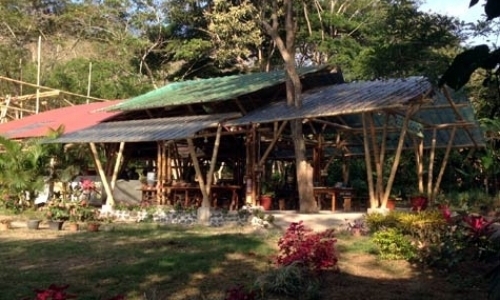
Organic Farming and Permaculture Project
Participate in a wide variety of activities related to agriculture, environmental education, communications and agrotourism.
- Free-time
Activities - Training
Provided
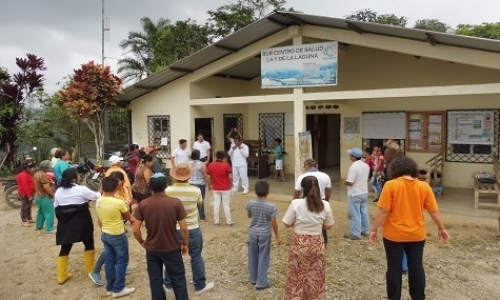
Public Health Volunteers in Health Center
We are looking for volunteers to facilitate our health promotion and disease prevention projects in a small community.
- Free of
Charge - Free-time
Activities - Free
Lodging - Stipend /
Small Salary
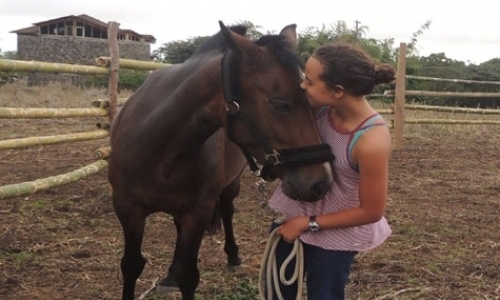
Help the Horses on the Galapagos Islands
We are particularly looking for volunteers who are skilled in farrier work like hoof care and trimming.
- Free of
Charge - Free-time
Activities - Free
Lodging - Nature /
Wildlife
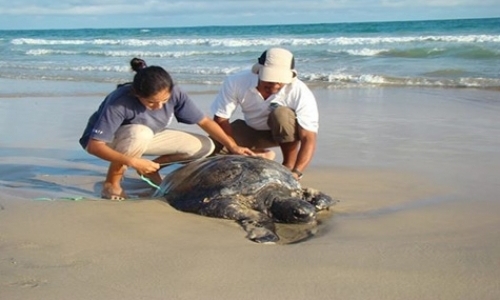
Galapagos National Park Service
University / College students and professionals participate in programs that benefit the Galapagos Islands. Numerous positions available, ranging from teaching to wildlife monitoring.
- Free of
Charge - Free-time
Activities - Free
Lodging - Volunteer
Certificate
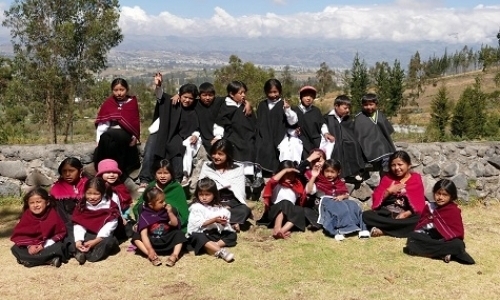
Teach English in an Indigenous Village
Teach English with a focus on cultural identity of the pupils, be part of a community, and learn about indigenous people.
- Free-time
Activities - Internet
Access
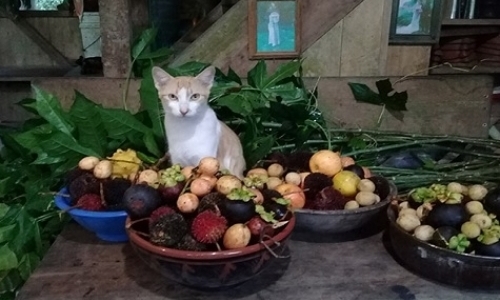
Agricultural Apprenticeship Program
Volunteers help with a range of different tasks including orchard and nursery work, seed collection and processing.
- Free-time
Activities - Nature /
Wildlife - Training
Provided
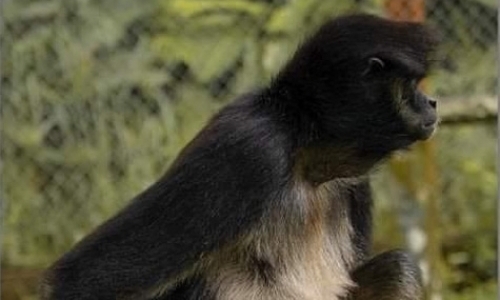
Wildlife Conservation in the Amazon
Volunteer help is really important for all the animals, as we do not receive funds from the Ecuadorian government.
- Free-time
Activities - Internet
Access - Nature /
Wildlife - Training
Provided - Volunteer
Certificate
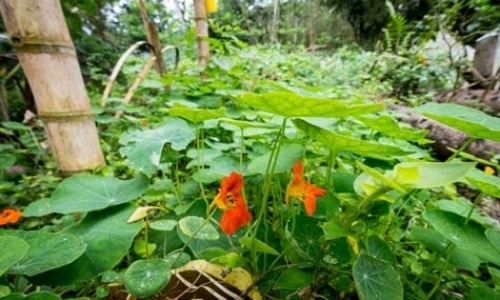
Sustainable Agriculture in the Galapagos
Day to day activities involve physical work such as harvesting, sowing, making compost, collecting seeds, clearing paths, etc.
- Free-time
Activities - Nature /
Wildlife - Training
Provided
